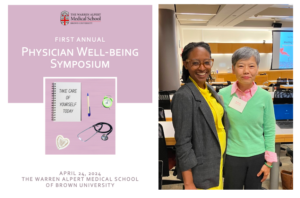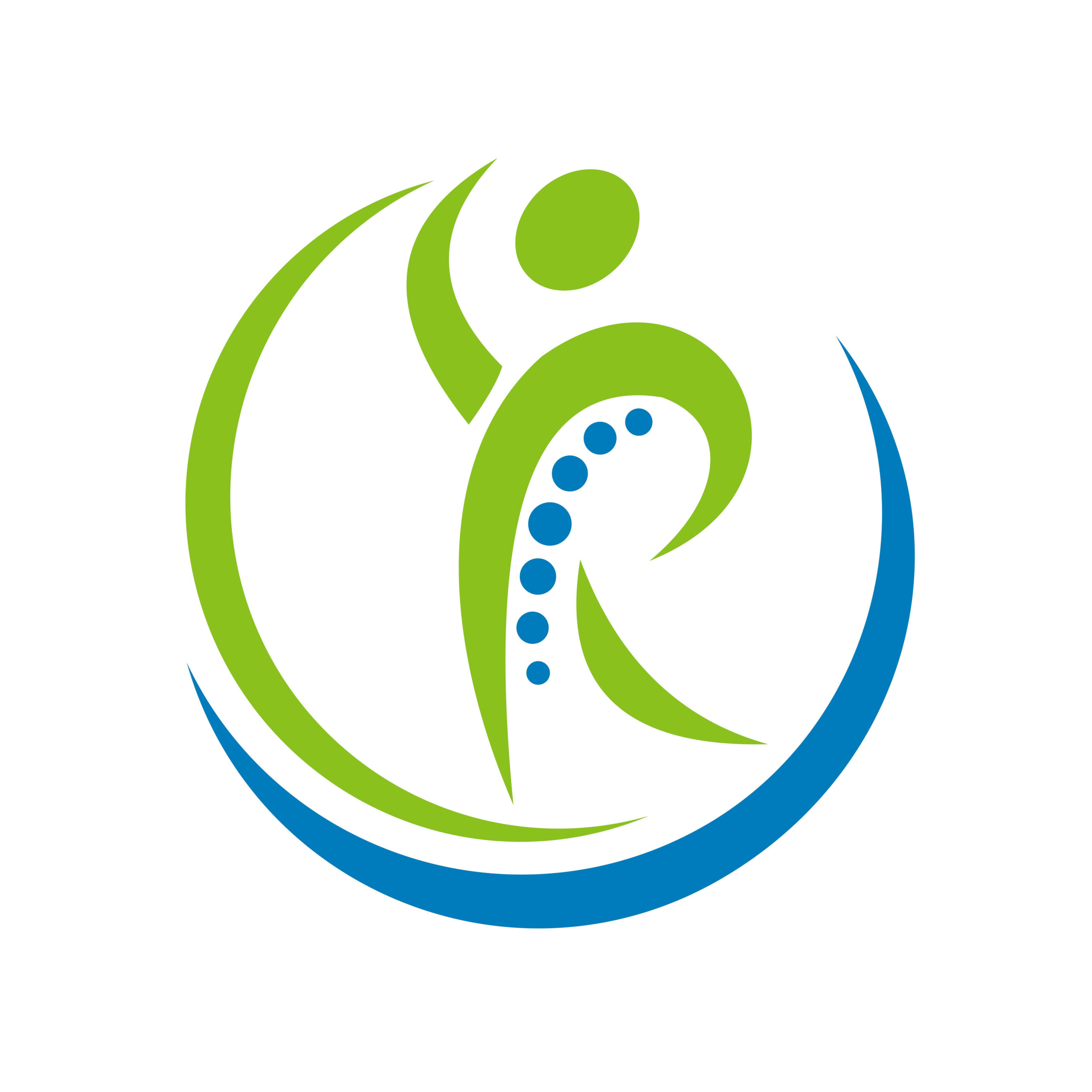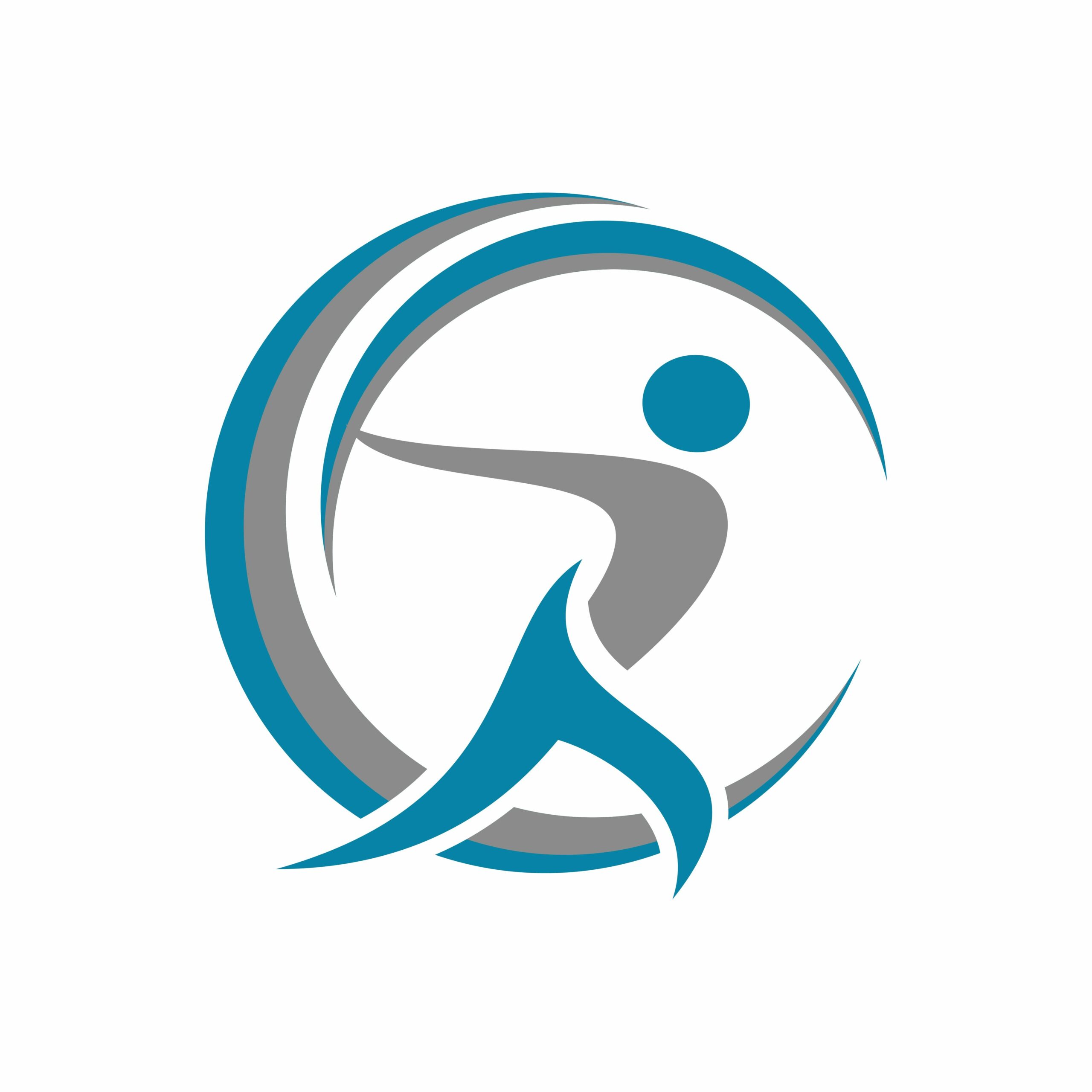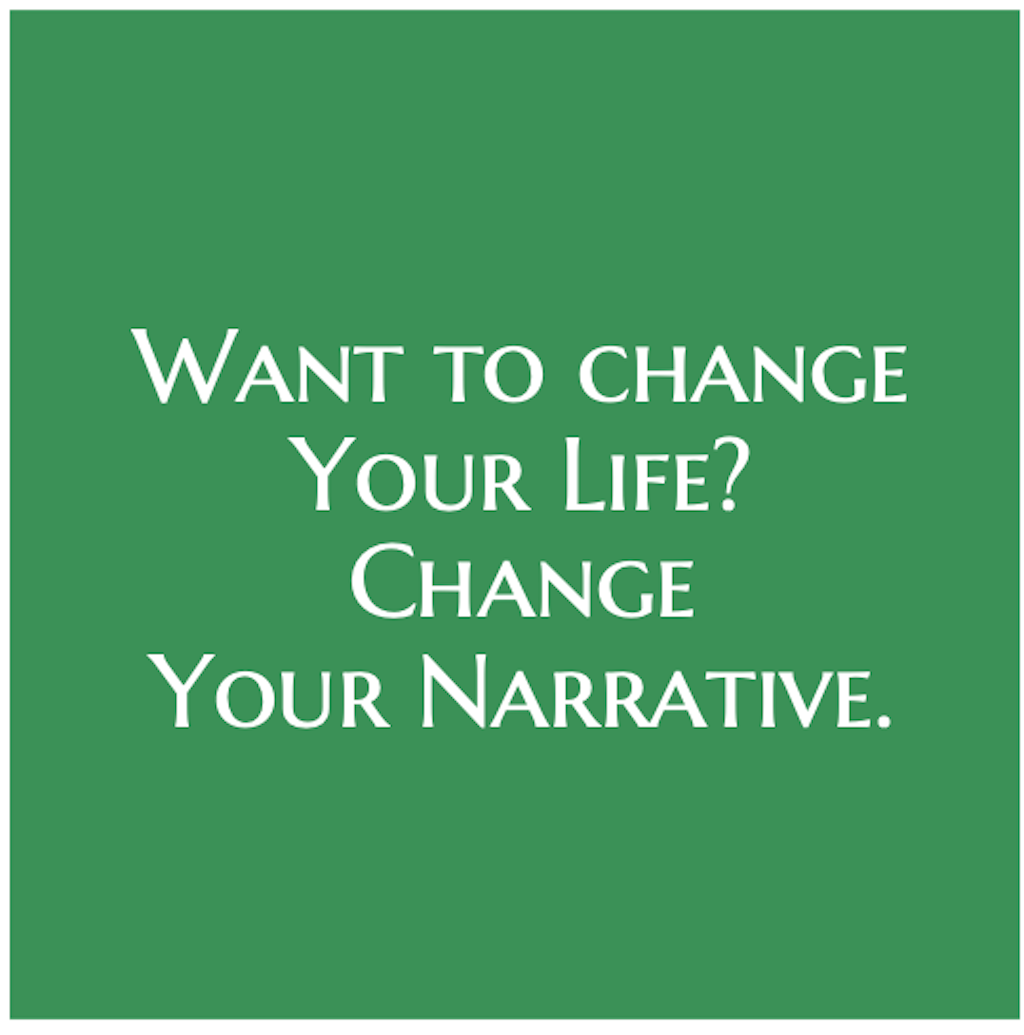Our Most Valuable Asset is Our Health!
Conventional wisdom suggests that Time is our most valuable asset. It isn’t. Our physical health is. Yet most of us take our health for granted until a crisis disrupts our daily routine or worse, forces us to a hard stop.
Does this sound familiar to you? As an individual, you had a great self-care practice until you started a new job / you got promoted to a leadership position / you have a partner / you have children and/or you have elderly parents who need support. Then your self-care practice disappeared from your daily calendar. Self-care: what the heck is that? You’re lucky if you’re able to squeeze in a weekend walk / run / hike because as you tell yourself, “I have no time!”
I hear you. I’ve been there. I was blessed with good health. Like everyone, I took my good health for granted. I put my body through misery and stopped looking after it while absorbing work and life stress. I did not exercise to decompress. It took a health crisis to jolt me into action—into committing to a daily self-care practice.

I’d like to share some insights on Self-Care that I had presented to physicians and medical students at Brown Medical’s First Symposium on Physician Well-being on April 24, 2024, in Providence, Rhode Island.
As a coach, I continually search for ways to inspire those I help to take charge of their well-being and become their own health advocate. I believe that we each know—or should get to know—our own body best; and there are actions that we can take to heal ourselves, prevent serious illness, and maintain a healthy life.
As you know, well-being comprises many dimensions, which include environmental, physical, emotional, social, spiritual, etc. I believe the road to well-being begins with self-care. I usually start the conversation with those I coach by focusing first on self-care because well-being is overwhelming and because self-care focuses on you, looking after your self. From my personal and professional experiences—from collaborating with entrepreneurs in the startup arena to working with healthcare professionals and caregivers on the home front who looked after my elderly parents—I’ve concluded that the foundation of a self-care practice is physical health. When we’re physically unwell, this has an immediate effect on our day, our outlook, our actions, and our interaction with those around us—at home and at work. In addition, poor health affects all the other dimensions of our well-being.
Here are three takeaways that those I coach—including the Denver Public School nurses—have singled out as transformative.
- Our body is our only home: 24/7! We all know this, but it’s a blind spot that we don’t see because we’re inside our physical self everyday. We all spend so much time in our mind, which resides in our body. We take our body for granted, zooming nonstop all day long and into the evening. We push our body physically, mentally, and emotionally. Yet, too often, we find it difficult to make time to release the daily emotions and stress that our body absorb. We don’t exercise to decompress. We stress eat and don’t nourish our body with healthy foods. We don’t sleep enough to give our body proper rest. In short, we don’t replenish. Yet, our body is our only home. We can replace our car or our bicycle. But we can’t replace our body! Recognize that your physical health is your No. 1 Priority and commit to looking after it.
- Change your narrative from “I don’t have time,” to, “I have time for self-care because I owe it to myself to be healthy first. If I’m not feeling well, I’m not connected with my best self, and I’m not giving my best to those in my care.” Reflect deeper reasons that keep you from looking after yourself. Reassess how you manage your time, which include how you prioritize and set boundaries.
- The third takeaway is the implementation of a new tactic, which is scheduling what I call TFM (or Time-for-Me) appointments on their daily calendar. I recommended taking small steps because we’re creatures of habit. Creating a new routine and maintaining it is challenging. These TFM allocations throughout the day have been much more effective for those who find it difficult to allocate an hour or more for their ideal self-care activity. These small bits of time are building blocks for longer TFMs. The other critical factor to maintaining a new routine is to show up and do it, over and over and over again. It takes time for a routine to become an automatic habit. So, they need to be intentional and patient with themselves.
These are the top three things that those I coach have found instrumental to resetting their self-care practice.
I imagine that many of you, like those I coach, are the hub of your universe, which may include children, partners, elderly parents, friends, patients, and peers. You shoulder a lot of responsibilities.
If you have a self-care practice in place, hats off to you! I’d love to learn more from you and share with others. If you’re struggling to reset or create a new one, I want to remind you that the longer we ignore looking after our physical health, the higher the risk of disruption and longer lasting consequences that we create for ourselves and those in our care. We shouldn’t have to wait until a health crisis occurs to jolt us into action.
I hope that I’ve inspired you to look at your well-being—in particular, your self-care practice and physical health—in a new light. I hope that you’re inspired to allocate time to look after your body because it’s the only home you have: 24/7. Take small steps. Start allocating TFM appointments on your daily calendar and show up for yourself!
If you got this far, thanks for reading. And if we share a common interest in Well-being / Self-Care, I’d love to hear from you so we can collaborate, share resources, etc.
•••••







